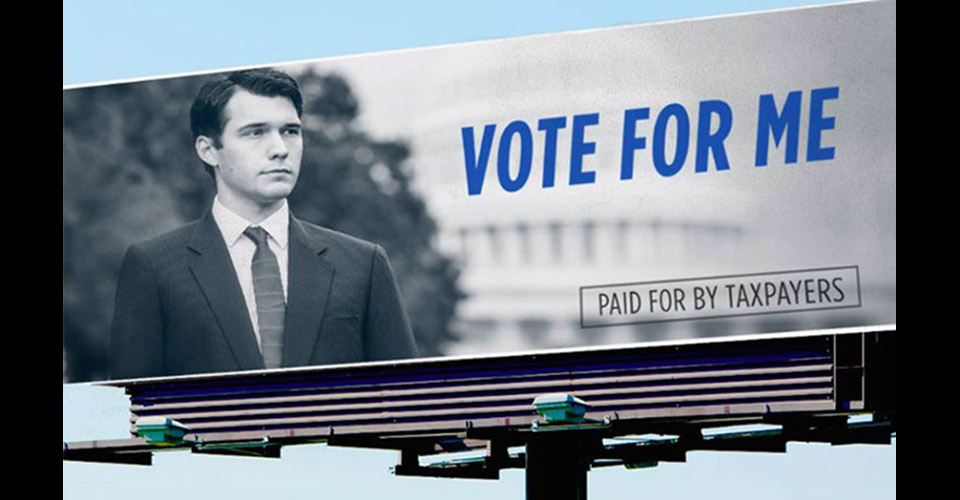This week, the Pacific Legal Foundation filed a lawsuit against the city of Seattle over its new “Democracy Vouchers” program. The system is a form of taxpayer financing for political campaigns that imposes $3 million a year in new property taxes in order to give each voter four $25 “vouchers” that they can then donate to candidates of their choosing. Local residents Mark Elster and Sarah Pynchon, represented by the Pacific Legal Foundation, say that this system violates their First Amendment rights by forcing property owners to subsidize political candidates, even ones they disagree with, and even though Pynchon lives outside the city.

Adav Noti of the Campaign Legal Center said the arguments made by those challenging the law were a weak challenge to the government’s prerogative to spend tax dollars as it sees fit. Noti imagined other hypothetical lawsuits in this vein: “Could somebody bring a lawsuit saying, ‘I don’t want to subsidize Sean Spicer’s salary because I don’t like his speech?’”
This is a strange analogy. To say that tax dollars flowing to political candidates is the same as taxpayers paying the salary of a government employee who is paid to speak to the press is a huge stretch. Sean Spicer is not a member of President Trump’s re-election campaign or any political committee. The question at hand is not whether any tax dollars can be used to fund any speech at all, it’s whether a program that specifically funds candidate contributions – and imposes new property taxes to do so – is legal. After all, the Supreme Court has long acknowledged that campaign contributions are a protected free speech right.
That said, Noti’s response wasn’t nearly as tone deaf as one found in a story about the lawsuit in The Stranger, a Seattle-based website:
University of Washington Constitutional law professor Hugh Spitzer sounded like he could barely contain his laughter as we talked about the PLF’s legal challenge to Democracy Vouchers this afternoon.
The lawsuit claims that Pynchon shouldn’t pay towards a public campaign financing system in Seattle because she doesn’t live here.
That argument “doesn’t make any sense at all,” Spitzer told me. “They’re saying they don’t want to pay taxes, they don’t want to support public programs if they don’t live in the community. That’s not how property taxes work… That’s a silly argument.”
Regardless of the merits of PLF’s legal arguments, one can hardly think of something more insulting than openly sneering at taxpayers who object to their money being given to politicians (not schools or other public programs, as commonly understood). The pro-regulation group Every Voice likewise described the lawsuit as “laughable” in their June 29, 2017 media clips. Why would they print or allow others to quote them as engaging in that kind of condescension?
If defeating this lawsuit is as much of a slam dunk as its opponents assert, it should be easy to argue against it in a compelling way. Instead, some supporters of the “Democracy Vouchers” program are choosing to make irrelevant comparisons or show outright contempt for the concerns of taxpayers. Whatever happens in court, that’s how you lose the battle for public opinion.














